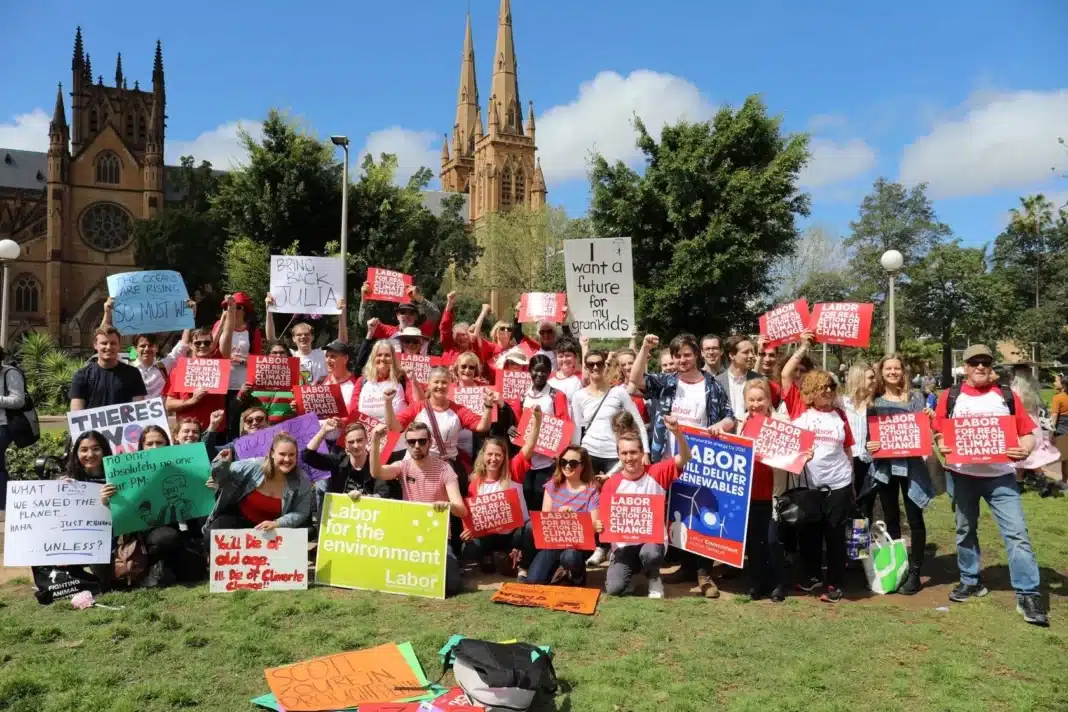The Albanese government is being pushed to establish an expanded, publicly owned plantation industry.
This call has the support of more than 300 Labor branches with a push to exit out of native forestry led by the party’s Labor Environment Action Network (LEAN).
The industrial strategy, which aims to recover native forests, will be taken to the ALP’s national conference next month, according to a report published in the Guadian today.
Wood Central reports that the ALP is divided over native forestry, with the ‘hastened’ decision by the Victorian Government to accelerate its closure led to criticism by federal Labor counterparts.
In May, three federal MPs disagreed with the decision to bring forward the ban, “this is not the way you do things,” one federal Labor MP said.
Last month, Wood Central reported on former WA premier Mark McGowan’s stance on forest management.
As a strong supporter of fuel reduction burning in forests, McGowan was ‘snookered into’ the 2021 WA forest ban by the left wing of the Labor Party.
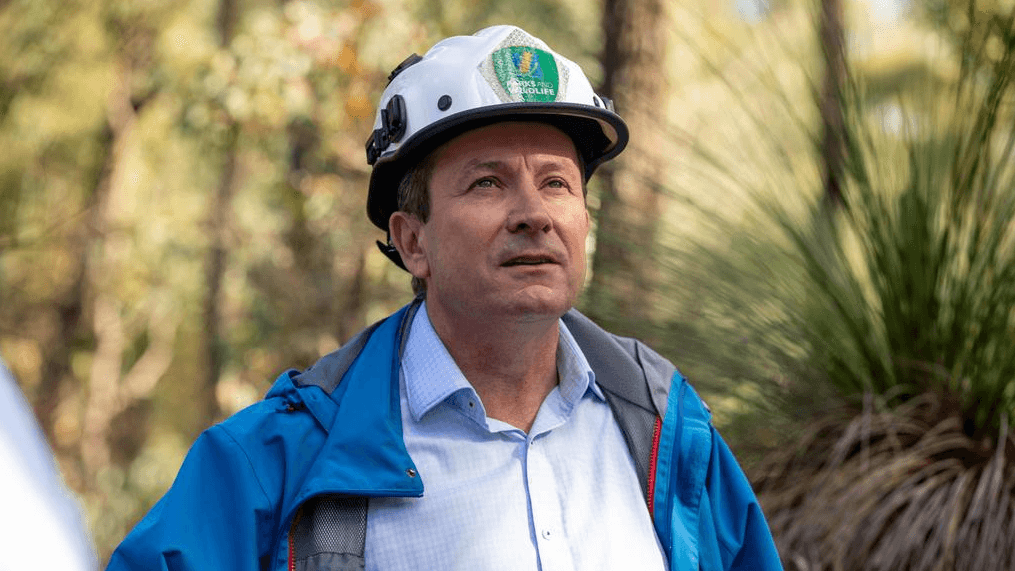
In NSW, the new Labor Government is ‘hedging its bets’ – supporting native forest harvesting while promising to create a koala national park.
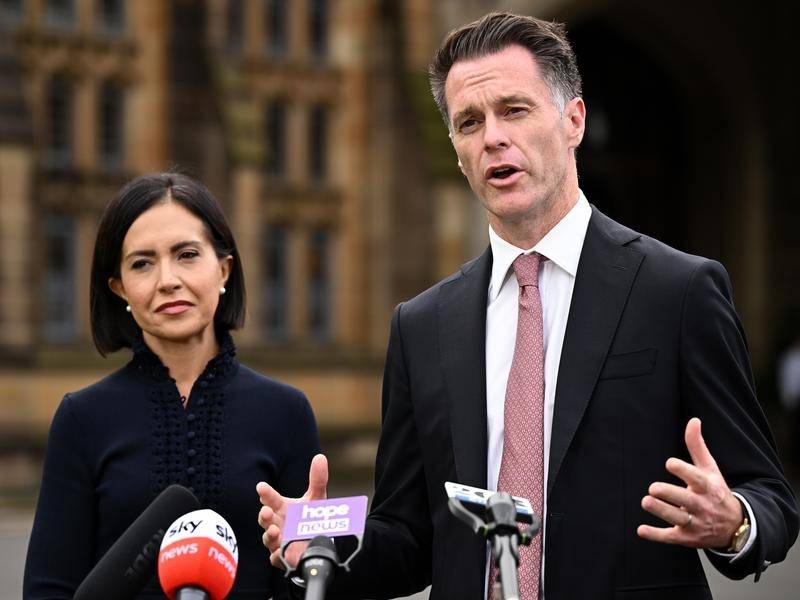
Whilst in Tasmania, the Labor opposition has accused the Liberal State Government of not doing enough to support the industry.
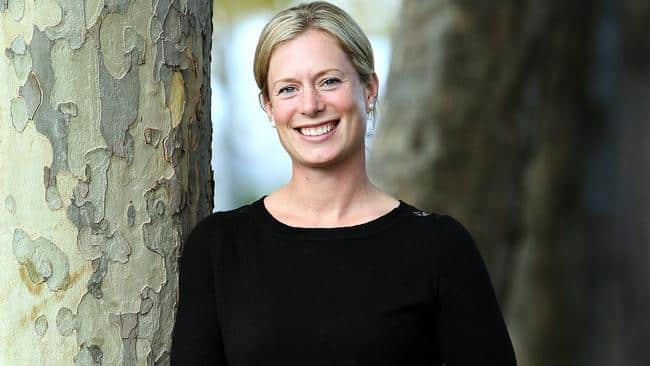
Finally, in Queensland, the State Government established Native Timber Advisory Panel recognises that hardwood plantations cannot meet the State’s future needs.
It notes that “the industry faces new and unexpected challenges, including that the hardwood plantation program has not delivered an alternative resource.”
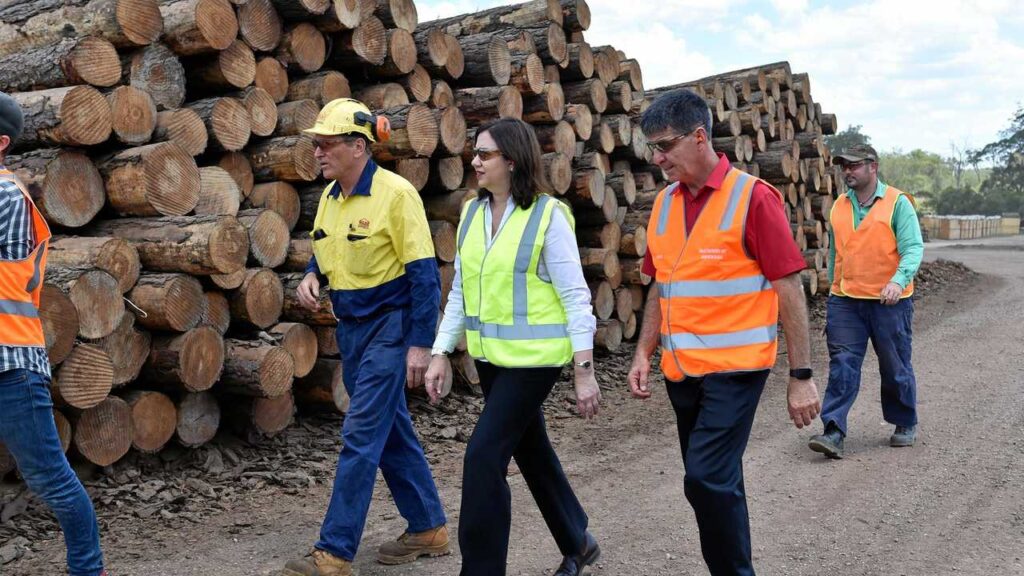
The report claims “treating native forests as a carbon and biodiversity sink than if logged to produce mainly low-value products such as wood chips, pallets and power poles.”
Instead, it is pushing for creating a state-owned national plantation estate to “increase our domestic timber independence” to revitalise and grow Australia’s faltering plantation industry.

Only 12% of Australian timber comes from native forests, compared to nearly 90% from plantations, and the overall area of plantations has been shrinking since 2010.
Next to no tree farms have been planted, with plantation investment impaired by the ERF water rule – which was finally abolished by the Albanese Government earlier this month.
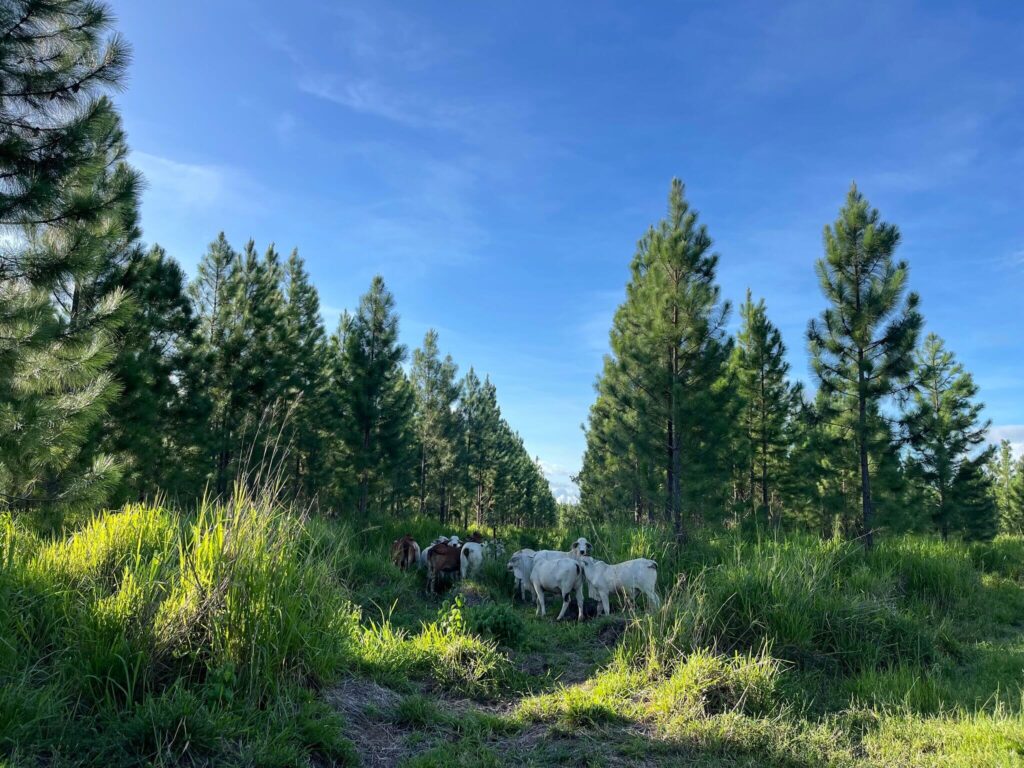
According to government projections, more than 400,000 hectares of additional plantation investment is needed to meet demand over the following ten years.
According to Felicity Wade, Lean’s co-convener, “evidence suggests that growing plantations might provide 1,800 local jobs, as opposed to the 1100 people employed nationwide in the native forest industry.”
In February 2023, an Ernst + Young report was commissioned by the Commonwealth-funded North East and South East NSW Forestry Hubs.
The report found that the native forest industry contributed $2.9 billion in revenue, added $1.1 billion to the gross domestic product, and created 9000 local jobs in New South Wales alone.
Wood Central understands that confusion in downstream employment could account for the difference in the two numbers.
The native forest supply chain is more labour-intensive and cannot be substituted like-for-like with plantation.
Ms Wade claims that 316 party branches in 100 electorates supported ending native forest harvesting and putting more effort into creating a “vibrant 21st-century plantation-based timber industry.”
“We are mining some of the most carbon- and biodiversity-rich forests in the world. What a waste!” according to Ms Wade.
“Lean believes we need publicly owned plantation establishment, done smart,” she said.
“We need to plan what species need to be planted and where with a plan for which manufacturing facility will take the wood and how it will get to market.”
“We need to recognise the increased fire risks and diminishing water associated with climate change.”
The battle to amend Labor’s national platform’s policy on forestry will centre on the Lean report.
Reducing native forest logging and land clearing, a long-standing Lean objective, is not in the draft national platform viewed by Guardian Australia.
According to Joel Fitzgibbon, a former Labor Cabinet Minister and Australian Forst Products Association CEO, “Australia’s forestry practices are amongst the most sustainable in the world.”

Wood Central understands that all timber sourced from Australian state forests is certified under voluntary third-party certification schemes (PEFC, FSC or both).
Third-party certification promotes responsible forest management, protects against deforestation and supports biodiversity.
PEFC (9%) and FSC (4%) collectively account for around 13% of the world’s total forest area, with a growing amount of timbers used in furniture and structural timbers coming from Russia and Belarus via Eurasian ports.
The Lean report cites last year’s State of the Environment report, which found Australia had one of the highest rates of species decline in the world, with habitat loss due to logging and clearing a key driver.
Lean says the government should substantially boost funding for forest protection and carbon storage at home and in southeast Asia, suggesting 25-30% of Australia’s international climate finance funding be dedicated to preventing deforestation in the region.
The report calls for five key actions
- Increased public funding for forest protection and restoration, recognising that scientists have estimated $1.69bn a year is needed to arrest species loss.
- Training and support for existing native forest industry workers and Indigenous custodians to work in new conservation and plantation roles.
- A government-owned national natural capital corporation to manage the federal plantation estate and help farmers take part in carbon and biodiversity markets.
- A nationwide restoration program focused on 252 ecosystems with less than 30% vegetation remaining. It says this would require 13,000 workers for 30 years.
- Based on the system used in Queensland, investment in a national landcover database and vegetation mapping has reported higher levels of land clearing than reflected in national accounts.
Labor’s national conference is in Brisbane on 17-19 August.
A copy of the document is available for download here.



